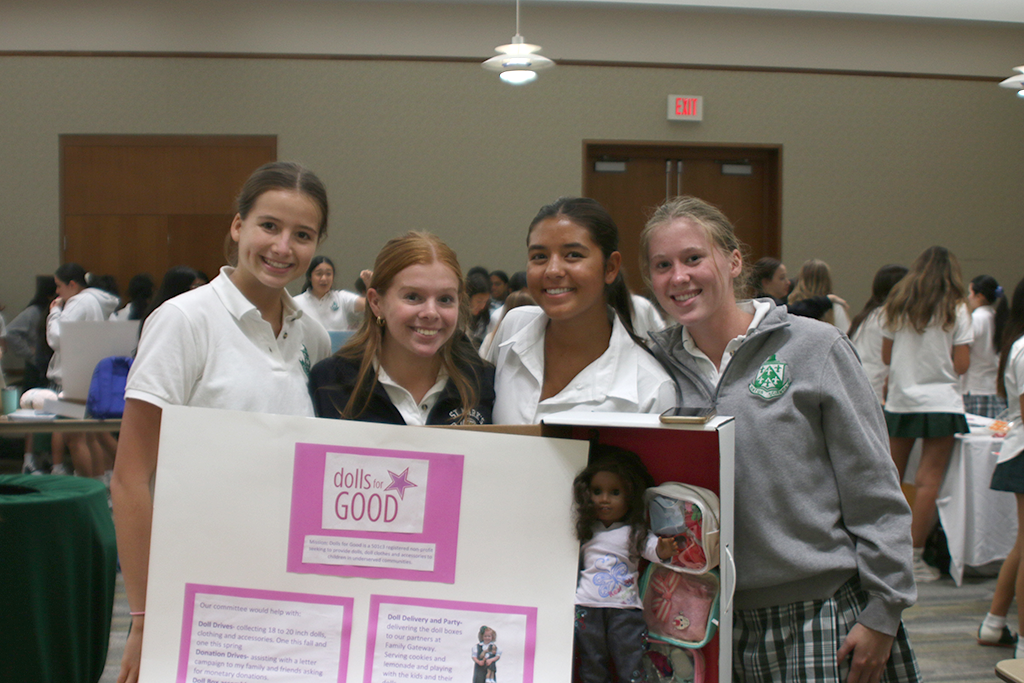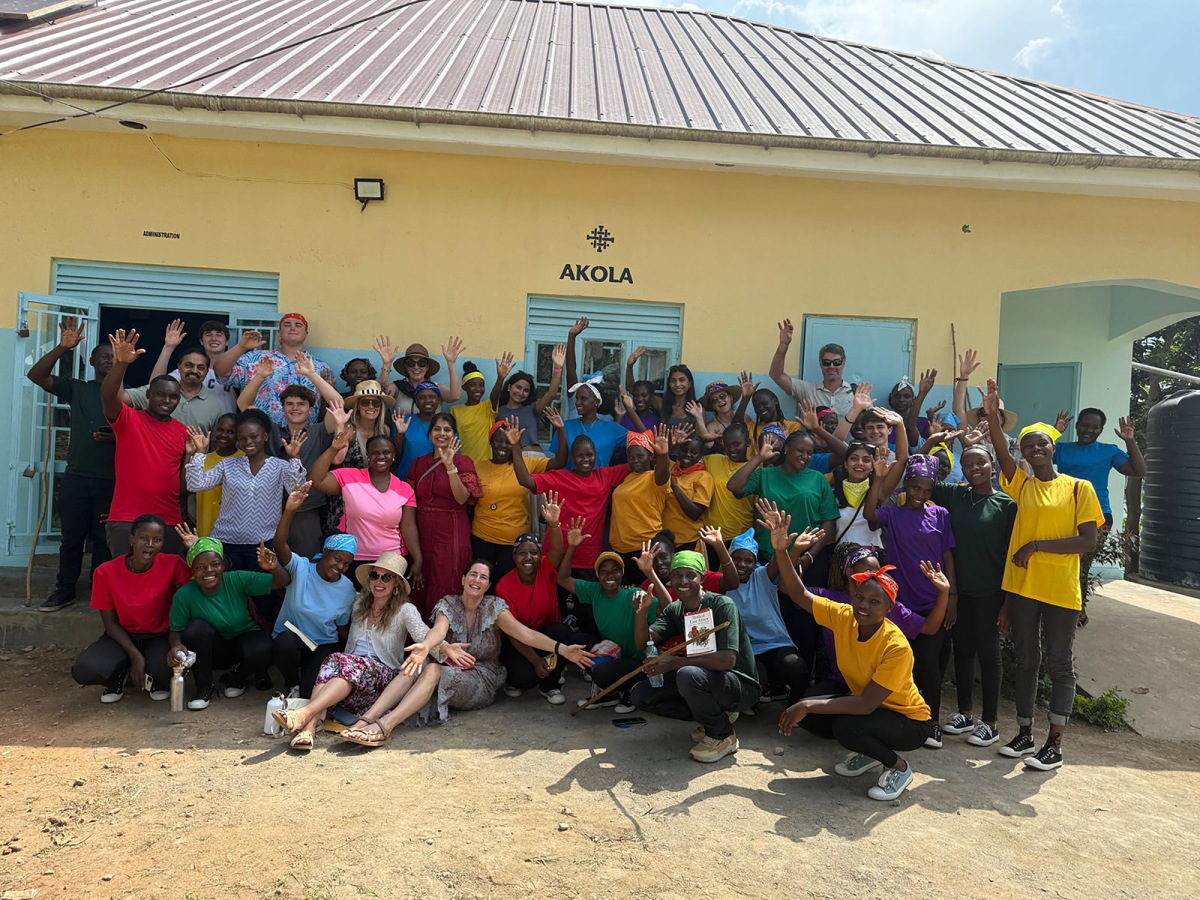Senior Aryn Thomas rolls over in her bed, glances at the time, which reads 6:40 a.m. Knowing she should already be on the road driving to school, she jumps out of bed and rushes through her morning routine hoping she can still miss the heavy morning traffic and arrive at school on time. With regular traffic, Thomas’ morning commute is approximately one hour long when she leaves at 6:30 a.m.
Students like Thomas have to learn how to balance sleep, school and extracurricular activities with hour-long or more commutes to school. But students who live close to school, on the other hand, wake up 30 minutes before school starts.
“You can’t change [the long commute] so I just have to make it work,” Thomas said.
Before Thomas drove herself to school, she used to take the city bus and nap during the ride to school. She lives in Cedar Hill, which is south west of Hockaday, and her commute from home to school is about 28 miles. Over the course of one month, Thomas will drive a total of 1120 miles to and from school and will spend about 2400 minutes in her car. She usually listens to music during her drive.
Other students have long commutes as well. Sophomore Gina Miele lives in Forney, a one-hour drive from Hockaday. Miele’s family consists of two daughters at Hockaday, two sons who attend Cistercian Preparatory School and another son who graduated from Cistercian and Dartmouth College.
The Miele’s family leaves their house around 6:30 a.m. since they drop off kids at two different schools. In one month, her family drives about 1640 miles from their home to both Hockaday and Cistercian and back home.
“There’s usually someone singing, someone trying to sleep and someone trying to do homework or study,” Miele said. “Somehow we all find a way to do what we need to do and still have fun with each other.”
However, weather conditions, traffic jams or construction have resulted in a longer drive for Miele in the past. Miele’s longest car ride lasted a little bit over two hours. She left school on time at 6:30 a.m. and didn’t arrive to school until 8:40 a.m. In this particular situation, a heavy rainstorm and multiple accidents on their route delayed Miele’s family.
“I texted a friend who was in my first period class to tell my teacher why I was running late, and the teacher was completely fine with [the situation],” Miele said. “Any time I’m running late, I usually ask a friend to tell my teacher about the situation, and they’re always really understanding about it.”
Lengthy periods riding in the car to and from school have helped Miele better manage her time. She takes advantage of the situation, and sometimes spends the time in the car getting ahead on homework or catching up on some extra sleep.
Most students have the ability to return to school in the afternoon to grab a textbook or study materials that they forgot before they went home, however, students with long commutes are not always as fortunate.
“The block scheduling at Hockaday really helps me if I ever forget something from school,” Miele said. “Sometimes my parents do drive me back to school to pick up something I left that I really needed.”
Since Miele plays sports and participates in the musical, she generally arrives home at around 7:30 p.m. While Miele is at practice, her father picks up her brothers from Cistercian and takes them to a library as they wait for Miele.
However, Carol Miele, Gina’s mother, didn’t consider the lengthy distance as a critical factor in the final decision for her daughter to apply to Hockaday.
“Both girls were asking for a more challenging academic setting and after reviewing our options, it became clear that Hockaday was, by far, the best choice for our family,” Carol said. “All five of our children realize the commitment that we have made to their education and have been very appreciative to have this opportunity.”
But Thomas and Miele are not the only long distance commuters. Junior Bailey Savoie, who lives in North Lake, is another student who drives at least an hour to come to school and she is sometimes late.
“You may get on the road at 7 a.m., but you never really know what the traffic is going to be like on that day,” Savoie said.
But the family is planning for the future. They have decided to get an apartment closer to Hockaday for her senior year so she can be more involved at school and avoid missing important senior events.
Besides academics, the long commute makes it difficult to participate in events after school or spend time with friends.
“If I want to do something with friends, I have to plan it like two days in advance,” Miele said. “I can’t ever just ask them to come over.”
For Savoie, she often can’t have friends over because the friends usually don’t want to drive the distance to her house and back home.
“For me, it was if you get into Hockaday, you’re going no matter the distance,” Savoie said.
Story by Maria Harrison, Features Editor.
Illustration by Christine Ji.







